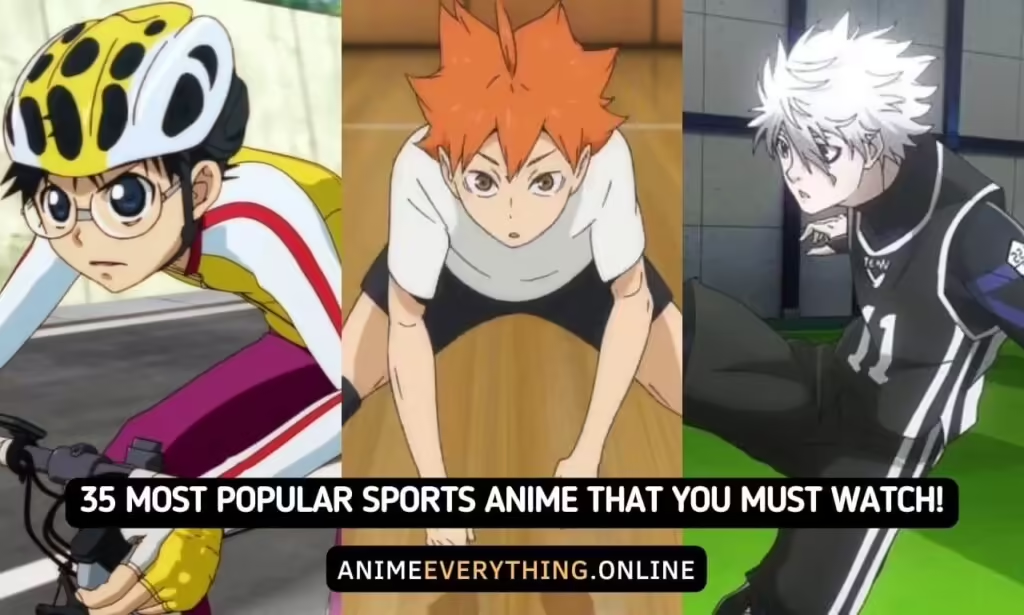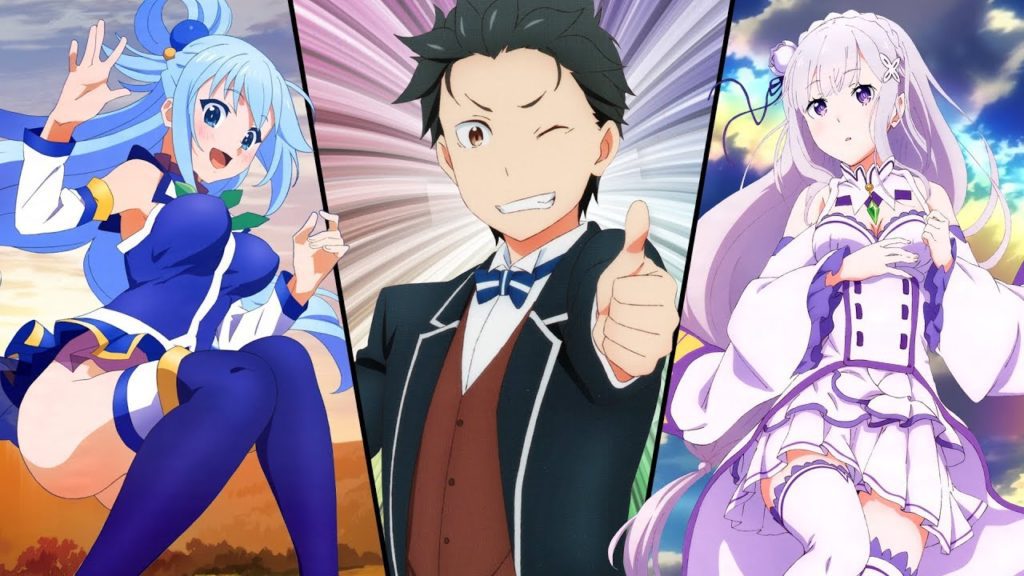Otaku terms are words, most often, Japanese words, that are used a lot in the anime community.
Today we’re going to look at some of the anime terms and otaku words that you must know as an anime fan.
But know that these otaku terms don’t include Japanese fiction genre like shounen, seinen, shoujo etc. I figured I’ll cover those in another post I’ll be making later on.
For now, if you’re totally new to this entire Otaku subculture and you have no clue as to what certain ‘Anime terms’ mean, grab a cup of coffee and join me in this post where I explain some of the most commonly used Anime terms~
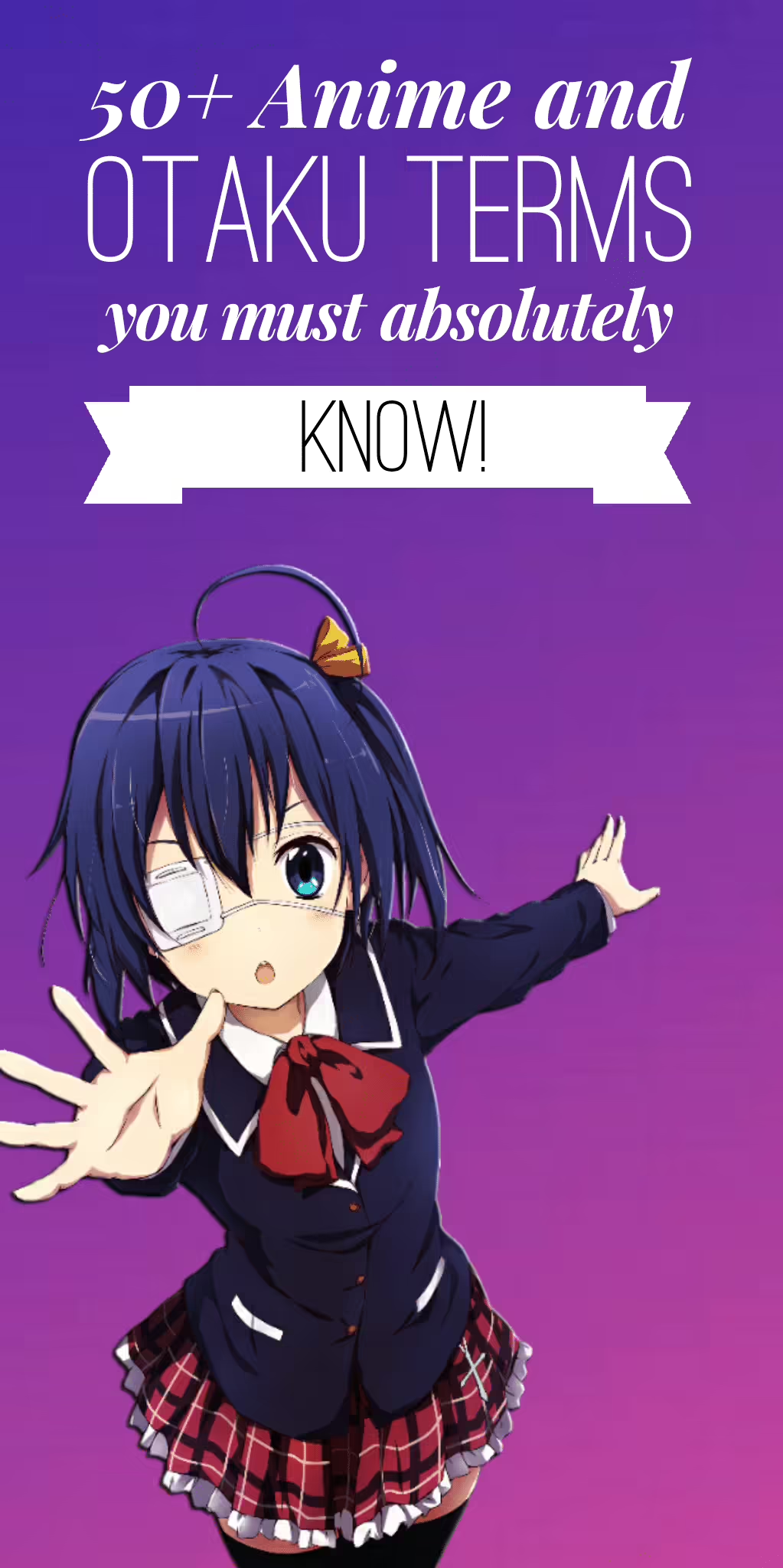
Must know Anime terms / Otaku words list:
Ahegao

Nice one to start the listing with, yeah? Ahegao is the facial expression for feeling extreme pleasure.
It is a term often used in the Japanese adult industry to describe the exaggerated facial expressions such as, rolling or crossed eyes, protruding tongue, and reddened face, etc.
Of all the hentai related Otaku terms, Ahegao is so popular that people even started creating Ahegao hoodies with the images of hentai panels on them went viral in the Otaku community.
Fun fact: In Jan 2020, several anime conventions in the US banned the sales of Ahegao hoodies on their grounds and restricted the people wearing them from entering the venue!
AMV
AMV stands for Anime Music Video. These are usually fan-made videos that contain clips from any anime running along with a song in the background.
Here’s an AMV that I did a long time ago. This’ll probably give you an idea of what an AMV is.
Baka
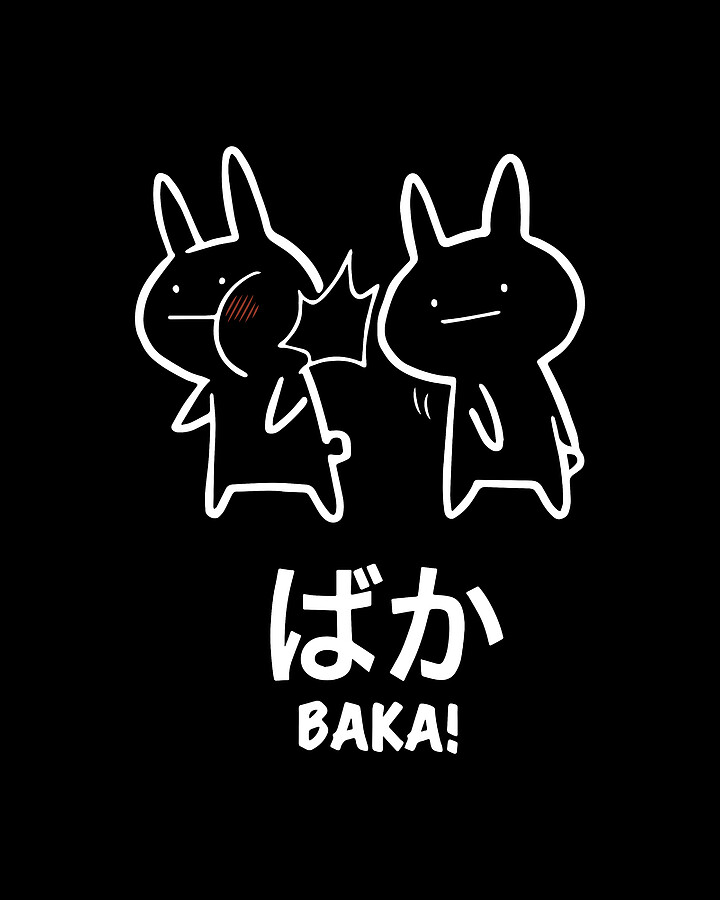
The term ‘baka’ in the Japanese language means ‘fool’ or ‘idiot.’ It is a really common otaku term which is used often in a lot anime. Especially, Tsundere characters tend to use this word a lot.
Bishonen / Bishie

Bishonen, or Bishie for short, means ‘beautiful boy’ or ‘pretty boy.’ Although the original Japanese term is only for boys under the age of 18, anime and manga fans use this word to describe handsome men of all ages. These Bishie characters are the center of attraction in several shoujo and BL (boys’ love a.k.a Yaoi) manga/anime.
Bishōjo

Bishoujo is the female version of Bishounen. It means ‘beautiful girl’ or ‘pretty girl.’ This term is most often used in visual novels and other dating sim games.
Now that you know its meaning, next time you look at a beautiful anime girl, use this word!
Brocon
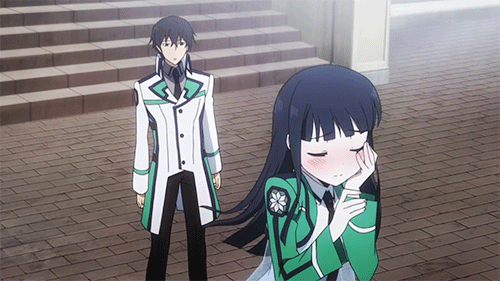
‘Brocon’ is where little sisters (little brothers in some cases) loves their older brother so much that their love enters the forbidden territory. These are often cute anime loli who have excessive love for their dear brother and has a brother complex.
Chibi
In Japanese the word ‘Chibi’ means ‘short.’ In anime and art, chibi are smaller and cuter version of a character. They have lesser details than the original, but hey, sometimes simple things are better, yeah?
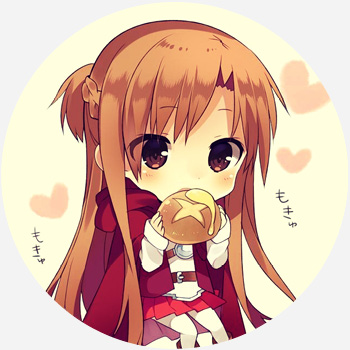
Look at my girl Asuna eating bun. Aww, so cuteee UwU
Chunibyo
“Chunibyo” or “middle-school second-year syndrome” or “eighth-grader syndrome” is a mental state where someone believes that they are a part of a fantasy world, often believing that they have some special powers, and they have to fight against evil forces, etc.
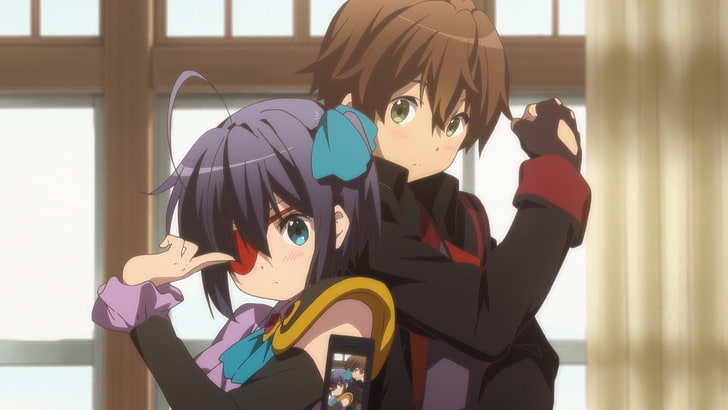
Did you know there’s an anime/manga centered around this concept? It’s called Love, Chunibyo & Other Delusions. This anime is one of the factors for popularizing the word ‘Chunibyo’ among the western audience.
Dandere
The “dan” in dandere is derived from the Japanese word “danmari” which means “silence”, and the “dere” is taken from the word “deredere”, which means “lovey dovey.” Summing them up, they are silent cuties!

Dandere are quiet and shy characters who flusters a lot and gets embarrassed easily. They are so cute to look at, but they are too socially awkward that they prefer to keep silent most of the time.
They are the kind of people who are too careful about their choice of words so that they don’t offend/hurt anyone.
Daijobu
“Daijobu” means “all right” or “okay.” If used with a question mark at the end, it means “Are you alright?” Say this to yourself at rough times. It’ll work wonders.
Doki doki
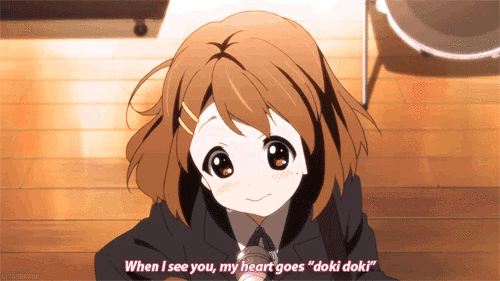
Doki doki is a Japanese term that references the sound of a beating heart. So remember, whenever your heart beats faster when you see your crush, it means your heart is going doki doki!
Doujinshi
“Doujinshi” or just “Doujin” for short is a Japanese word for self published manga or novels. The most popular form of doujin in the Otaku culture are the hentai doujins, where the authors make p*rn parodies of popular anime or create their own characters and adult fantasy stories.
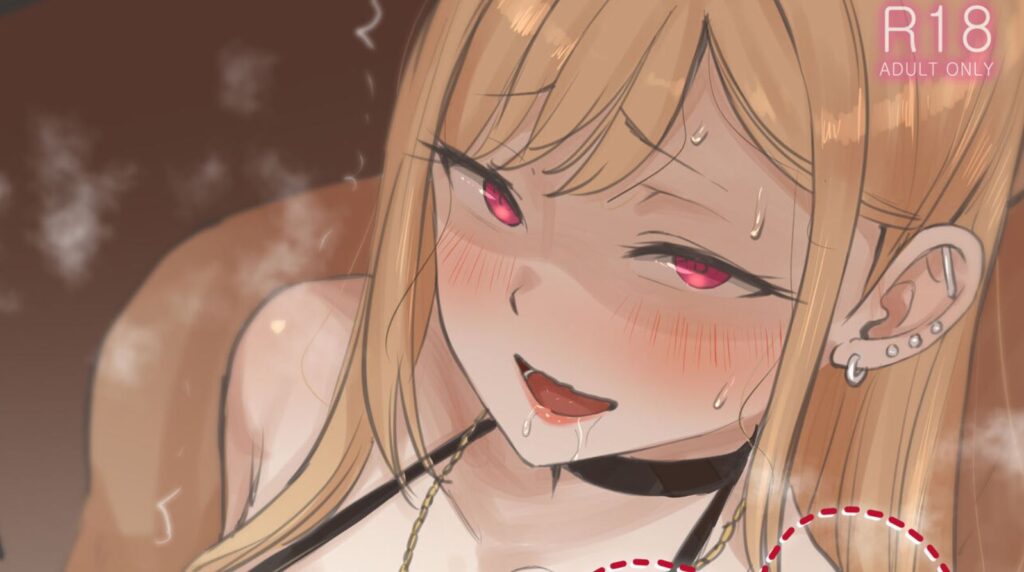
But of course, doujin are not all about hentai. There all sorts of doujin out there. It’s just that hentai doujin are a big thing for us, anime fans, who obsess over anime girls.
Ecchi
“Ecchi” is a Japanese word that means perverted content. As a noun it is also used to denote a “p*rvert.” So if someone calls you ecchi, they’re basically saying that you’re a pervert.

There is an entire genre dedicated for this in the anime industry. These ecchi anime focus on extreme ‘fanservice’ scenes like showing off the underwear of the characters, or showing them in swimsuits or even in their birthday suit! Ecchi anime are basically a toned down version of hentai where they omit the actual “action” but everything else is there.
Fanservice
‘Fanservice’ is an otaku term that is used to describe the special service that anime and manga creators do for their fans. These special services include changing the camera angle in an arousing manner, or putting the male and female character of an anime in an awkward situation. For example when a boy runs into the women’s hot spring and sees them in their birthday suit, etc.

While most of the anime have fanservice moments here and there, there is an entire genre dedicated for fanservice and they are called “ecchi” anime.
Fudanshi
“Fudanshi” is a Japanese term that translates to “rotten boy.” This word is used to represent boys who are into watching some boy on boy Yaoi action.
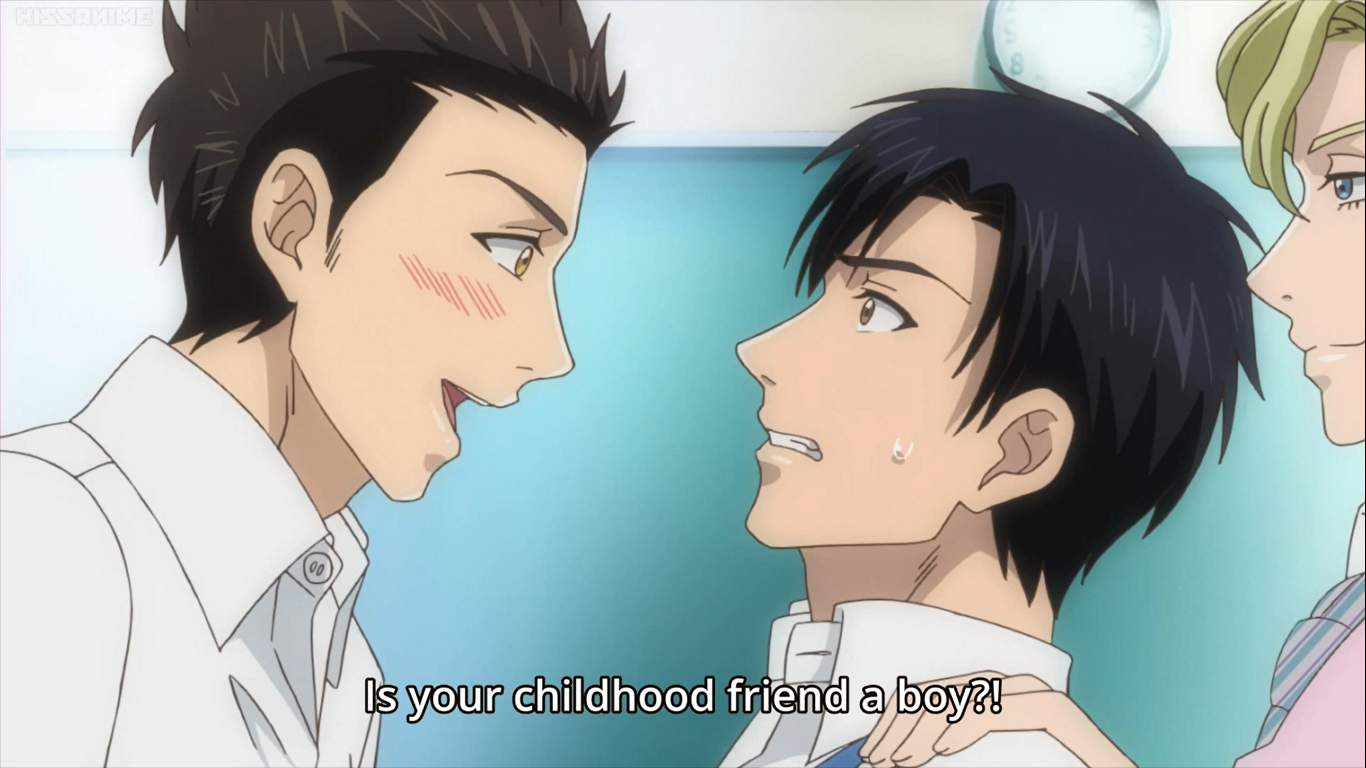
Fudanshi in the anime community are male fans of yaoi anime, manga and hentai. They are very much interested in imagining how it will be if two male characters in an anime were actually a couple.
Fujoshi
Fujoshi is the female counterpart of Fudanshi. These are females who like to see some hot male on male action!
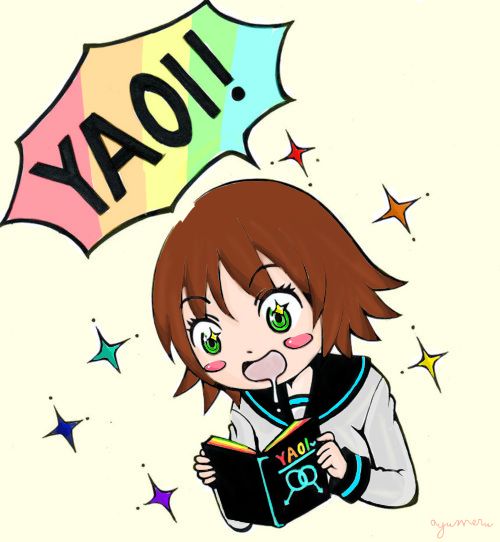
They are very common and a major part of the female fandom in the anime/otaku community are Fujoshi.
Futanari
“Futanari” is a Japanese term which means “of dual forms.” These characters have both the features of male and female.
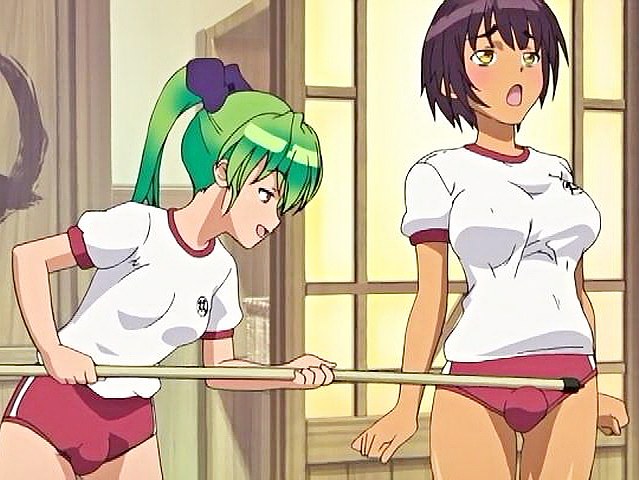
These characters have a very feminine body, but have both female and male genitalia. These futanari characters are very rare in anime, but there are a lot of futanari stuff in the hentai industry. This word is also used to represent the fans of Futanari hentai.
Hentai

Ah yes, the good stuff. Hentai in the Japanese language means “p*rvert”, but this word is also used to describe the anime p*rn.
There are tons of categories of hentai. You can have any sort of fetish and you will find some quality content on it!
Hikikomori
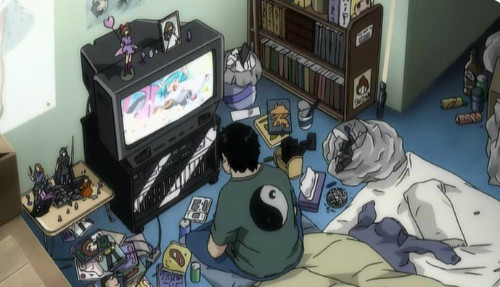
The Japanese word “hikikomori ” means “pulling inwards and being confined.”
Hikikomori is an otaku term that is used to refer a person who has shut themselves in their house and live with little to no social interactions.
These Hikikomori live in their parent’s house and refuse to go to work. They seek extreme degree of isolation and always stay in their rooms watching anime and playing games.
Husbando
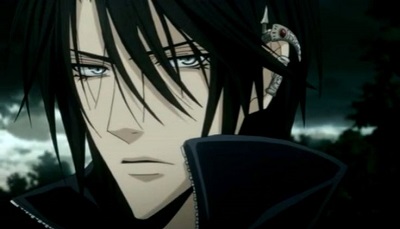
Husbando is an anime term used by female otakus and weebs to refer a male character of an anime that they love/like.
Isekai
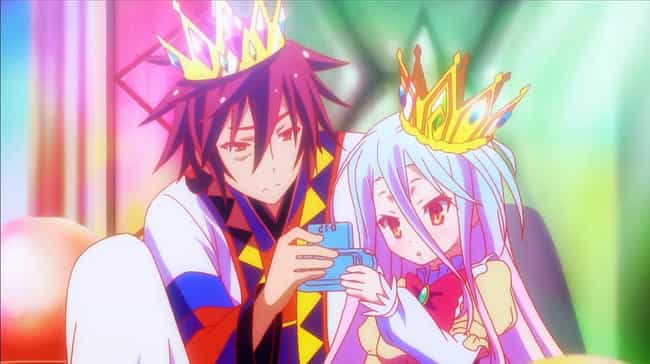
Isekai means “different world” in the Japanese language. This is a popular sub genre of Japanese fantasy novels, manga, anime and video games.
These fictional works revolves around a normal human from Earth being transported to, reborn to, or trapped within another fantasy world. Often an Isekai anime includes the main character being stuck in a game or being reincarnated to another by God in order to save that world from destruction.
You can read the list of the best Isekai anime here.
Katana
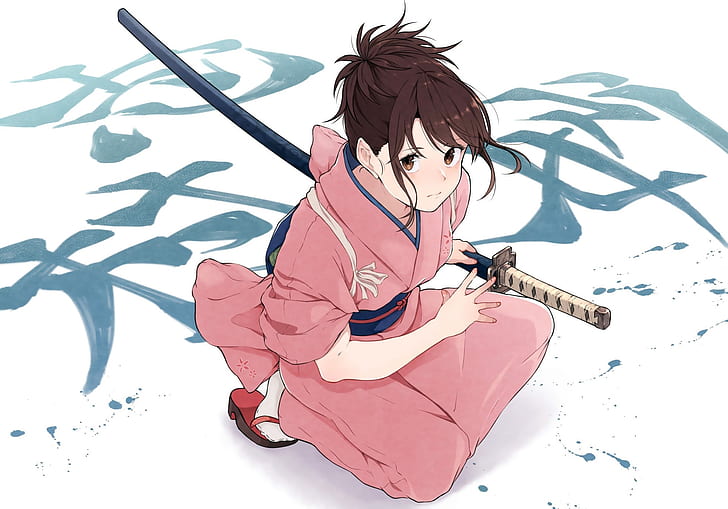
Katana is a long, single-edged, Japanese sword that has a slight curve with a long enough grip to be used by two hands.
We can find several characters carrying a Katana in a lot of anime and Japanese games.
Kawaii
-Step-5.jpg)
This an otaku term that you must absolutely know, so that you can use it to appreciate your anime waifu.
“Kawaii” is a Japanese word for “cute” or “adorable.”
A while ago, I conducted a poll on who the best anime girl is and here’s the result.
Kuudere
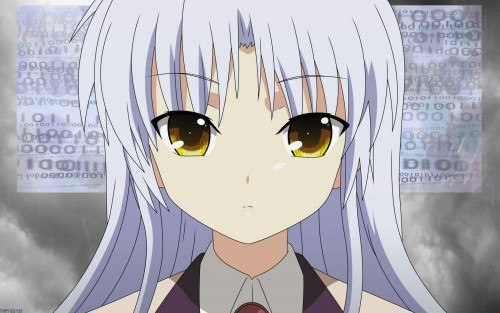
The word “cool” is pronounced as “kuu” in Japanese, and the word “dere” comes from the word “deredere” which means “lovey dovey.”
Kuudere are cold, blunt and cynical characters who rarely show emotions on the outside, but cares for people on the inside. They always seem to make decisions based on logic instead of their feelings.
They have a calm and monotonous voice. Their facial expression barely ever changes. They don’t feel overly happy, sad or angry. Or rather, they don’t express their emotions as they think of them as a weakness.
Kouhaii
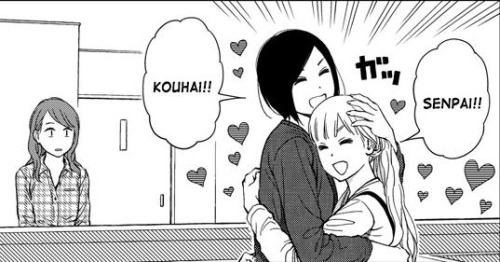
The English alternative for the word “kouhaii” is “junior.” A kouhaii is someone who is younger and has less experience in something.
In most anime and manga, the senpai-kouhaii relationship is shown through upper-class student and lower-class student’s friendship in high school.
Light Novel
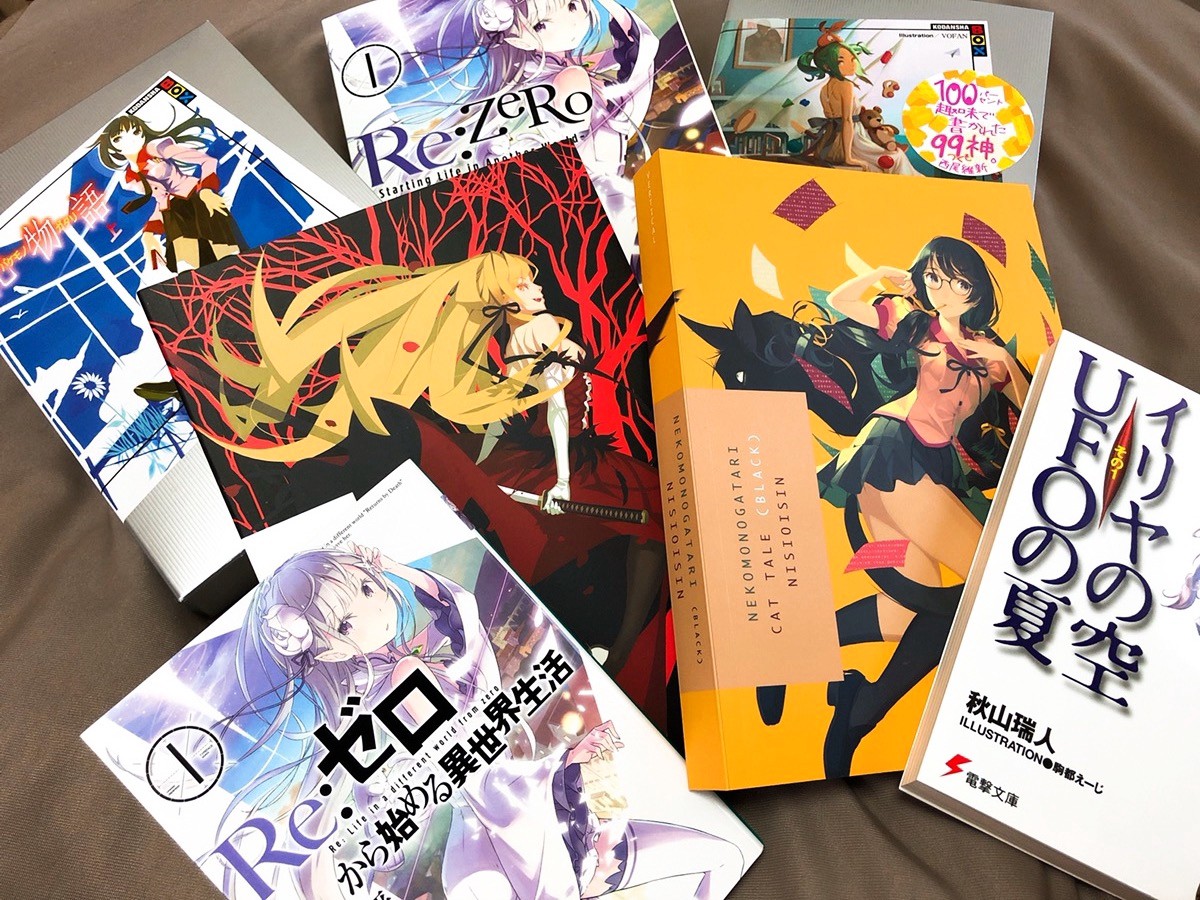
A ‘light novel’ is a Japanese novel that is made for the young-adult demographic. That is, it mainly targets high-school and middle-school students.
Each Light Novel series can have multiple volumes each having about 50,000 words.
Light novels are also called as ‘ranobe’ or just LN. Several Light novels have gotten an anime adaptation. Some of the popular ones are “Re:zero”, “Monogatari series”, “Ascendance of a bookworm”, etc.
Loli

“Loli” are young girls or adult women with a child-like body. These characters are usually so cute and adorable.
These are the characters that make you want to protect them at all cost. Their smile is worth all that effort after all.
Lolicon

“Lolicon” is the otaku term used to represent the people who are obsessed with loli characters and fantasize some adult things with them.
Manga
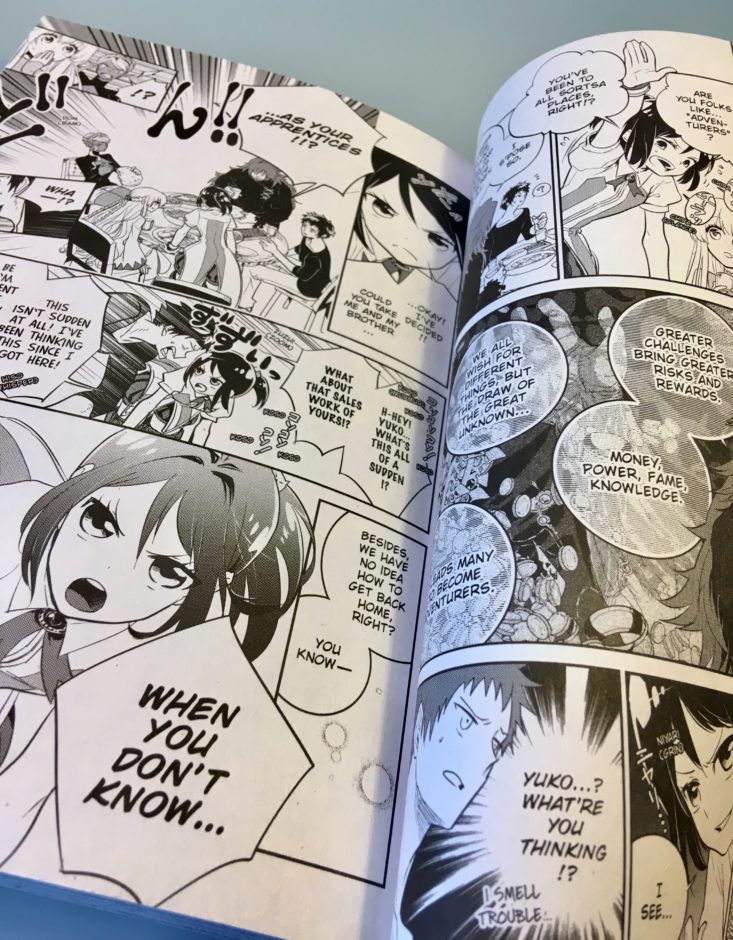
Manga is the term used to denote Japanese comics.
They are often colorless (Although, nowadays colored manga are being released too) and are read from the right to the left.
It has a huge variety of genre including comedy, romance, adventure, horror etc.
Mangaka

A mangaka is the author of a manga.
Megane Or Meganekko

The Japanese word “megane” means “glasses.” And “meganekko” is an otaku term that is used to describe a cute girl wearing glasses – a “spectacled” beauty.
Moe

Moe is another Otaku term that describes the “cuteness” of a character. A moe anime character is most often a cute girl who does cute things and makes you wanna protect her.
Nani

“Nani” means “what.” This word became quiet popular because of the ‘Fist of the North star’ meme that is still popular and liked by Otakus and weebs all around the world. Thus making this word one of the most popular Otaku terms in the anime meme culture.
NEET
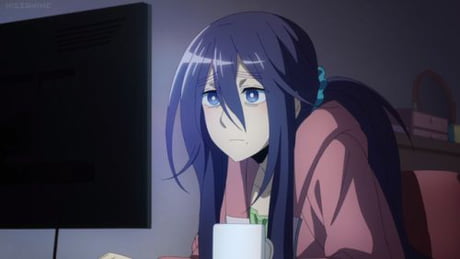
NEET is expanded as Not in Education, Employment, or Training. As the name suggests a NEET is a person a who is not in the educational system and does not have any work.
A sub-category of NEET is the “hikikomori” which I’ve already explained above.
Neko

“Neko” means “Cat” in Japanese. However, the anime term “neko” refers to cat girls. These neko characters have cat like ears and tail. They speak in a cat-like language adding “-nya” (the Japanese word to describe the sound a regular cat makes) to every possible word.
This video clip from Bakemonogatari probably gave you a clear understanding about a neko anime character.
Nightcore

Nightcore is a genre of music where a normal music has it’s frequency raised in order to make the song sound anime-like.
And in a nightcore video it is a very common practice to use an anime background image.
Nijikon
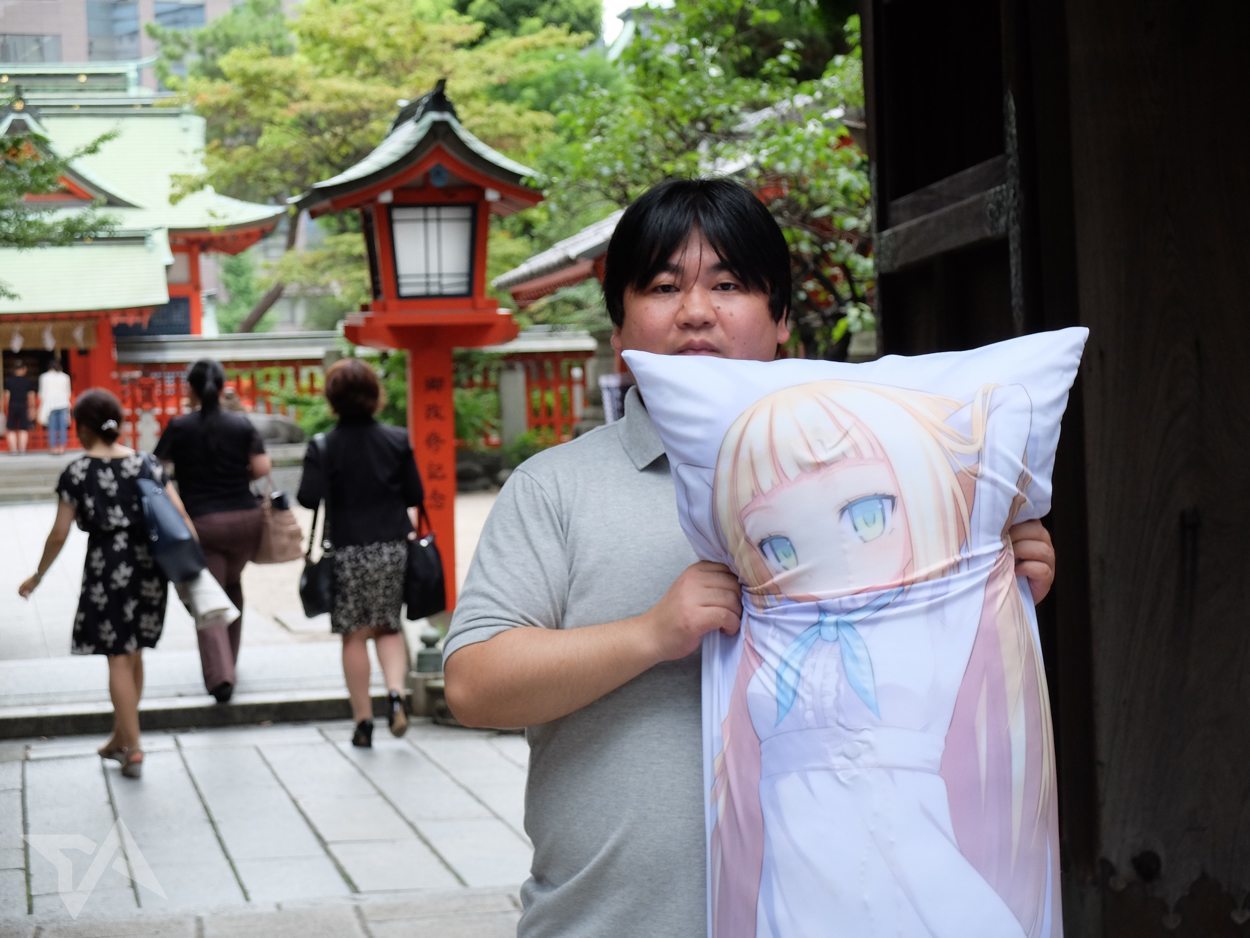
“Nijikon” is an otaku term used to describe a person who is attracted towards 2D characters. In other words, “Nijikon” means “2D complex.”
If you’re the kind of person who finds 2D anime girls more attractive (it may be their physical looks or their personality) than any 3D women, then you’re a Nijikon.
Onii-chan

“Onii-chan” is the Japanese word for “older brother.” The -chan” part is an informal honorific which is cuter than the formal counterpart ” -san.”
Onee-san
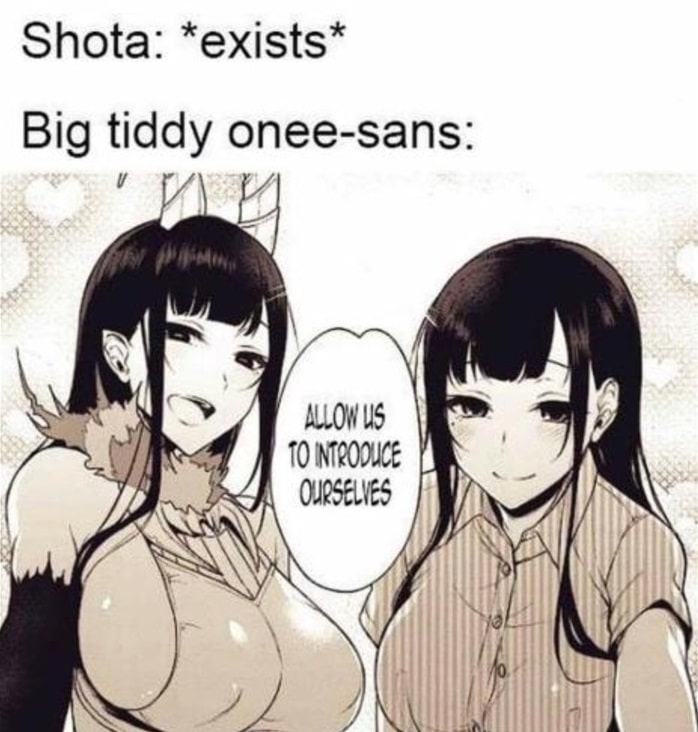
“Onee-san” means “big sister.” In anime and manga, these big sister characters are mostly described as mature, calm and responsible women, who sometimes like to mess with young boys.
And of course, in the hentai, their maturity plays a big part (along with their other big stuff – oppai.)
Oppai

As you can clearly see in the illustration of Saitama’s sweatshirt, Oppai means a woman’s breast.
By the way, which gang do you belong to? The flat is justice gang or the Oppai is truth gang? I’m a proud member of the flat is justice gang.
Original net animation (ONA)

Hetalia – a popular ONA
Original Net Animation (ONA) also known as Web anime are the anime that are directly released onto the internet.
Most ONA are very small and each episode last only for a few minutes. However, lately there have been several normal, full-sized anime that have been released exclusively on platform like Netflix and Amazon.
Original video animation (OVA)
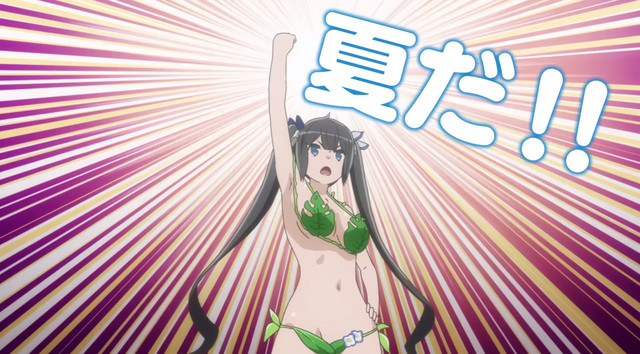
Original Video Animation (OVA) or Original Animated Video (OAV) are the anime that are directly released in home video formats like DVD format, without airing them on TV or theaters.
Most of the times, after airing an anime on TV, they make and release OVA episodes for that anime.
Otaku

There can be no Otaku terms listing with the word Otaku, right? Otaku are people who are passionate about anime, video games or any other hobby to the point they prefer to sacrifice their social life for them.
This term is an insult in Japan as Otakus have a bad reputation for being over obssessed with anime girls to the point they want to marry them.
Otome game

Otome game or otoge are story-based, visual novel games that are targeted towards female otakus.
The Japanese word “Otome” means “women” and the “game” part refers to video games.
The main goal of these games is to play through the story and make one of the male characters to fall in love with you, and develop a romantic relationship with him.
Pantsu

“Pantsu” means panties / inner wears.
Sauce

Sauce? What does sauce have to do with anime you ask?
“Sauce” is the otaku term for “source.” Basically, when you want to know the anime in an image or a meme you ask for “sauce”, instead of source.
Senpai

‘Senpai’ is one of the most common Otaku terms in anime. It means “upperclassman” or someone who has had more experience than you in something.
Shota

Shota is the male equivalent of loli. These are boys who are short, young and cute regardless of their actual age.
Shotacon

If you’re into Shota, then you are what we call a “shotacon.”
Siscon

A siscon is a person who has “sister complex.” They love and adore their little sisters too much to the point that it sometimes wades into the forbidden territory.
These siscon characters are Onii-chans (and sometime Onee-sans) who are too proud of their kawaii little imouto and would go any lengths to protect them.
Thicc
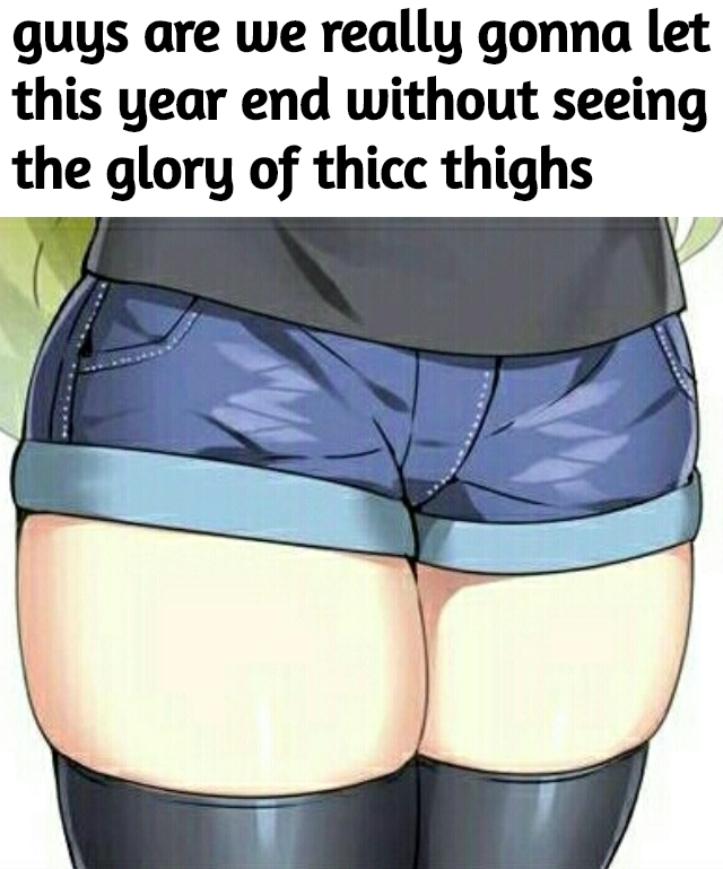
If the above image doesn’t help you to understand what “thicc” means, I don’t know what else could. “Thicc” is just a meme language for “thick.”
Traps
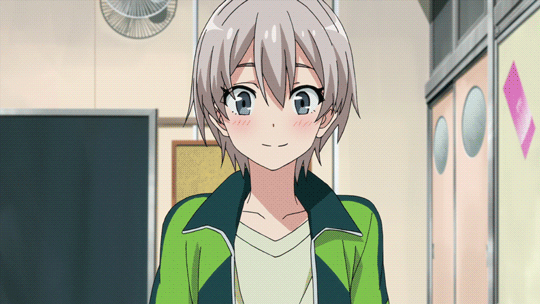
Anime traps are boys who look and act like girls. They also wear girly clothes and like cute things.
If you want to see the results of “the best anime trap” poll I conducted a few months ago, click here.
Always remember the saying, “Boys make the best girls.”
Tsundere

“Tsundere” is a person who is tough and cold on the outside, but is actually a soft and nice person on the inside.
These characters are just too shy to let people see their nice and kind self.
Visual Novel
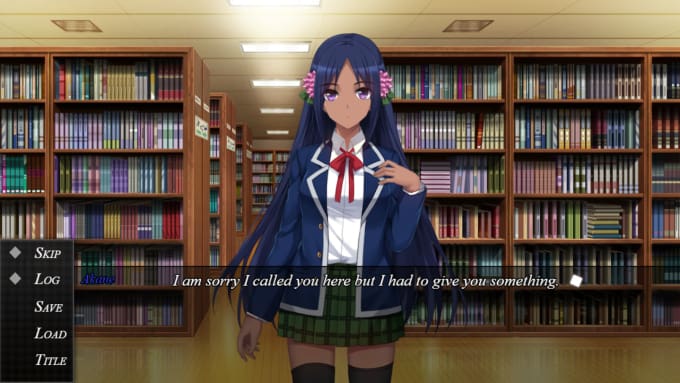
Visual novels are story based games where you’ll only have to make decisions. A sub-genre of visual novel games are the Otome games which I discussed earlier.
Most visual novel games are like a dating-sim game with an actual story or plot.
Some of these visual novel games have adult content in them too. Such games are termed as “ero-games” or “hentai games” or just adult dating sim games.
Waifu

Another one of the most commonly used Otaku terms is “Waifu.”
“Waifu” as you can guess is the Japanese way to pronounce “wife.” And, in the anime and otaku community, “waifu” is the term we use to describe an anime girl we love.
Weeb
Weebs are non-Japanese people who are obsessed with Japan.
These are the people who mix in broken Japanese words they learned from anime to literally every sentence they use and try to act like a Japanese person.
But remember that not all anime fans are weebs. It is not an umberlla term for all anime lovers.
Yandere

Who’s a Yandere, you ask? These are the people who’ll kill for somebody they love. Literally.
They act all sweet and nice before you get to know them, but once they’re into you, they’ll kill every person of the opposite gender who is in contact with you, so that they’re the only person who could have you.
And in some extreme cases, they’ll kill you because they love you. Don’t ask me why. They have their own insane logic.
And did you know, a lot of people love Yandere girls? I just can’t believe those guys. Like, do you people really enjoy walking on a thin ice?
Yaoi

Yaoi also known as Boys love (BL) or shounen-ai is a genre of fiction where a boy is romantically interested in another boy. And, did you know? Majority of the female otakus love Yaoi.
Yuri

The term “yuri” is a genre of fiction where girls are into other girls.
Zettai ryōiki

The otaku word “Zettai ryoiki” or “the absolute territory” is the gap between an over-knee socks and the mini skirt or shorts.
Phew. That took a long while to write. Anyways, that’s it for this post. I think I’ve included enough words to call this an anime term 101 post.
How many of these Otaku terms did you already know? How many of these Otaku terms were new to you? Let me know in the comment section below! (I know you guys aren’t gonna do it though lmao)
And, if you’re new here, consider hitting the bell icon in the bottom corner to subscribe for our post notifications!!
Hope you enjoyed it!
See you in the next one, laterz~

